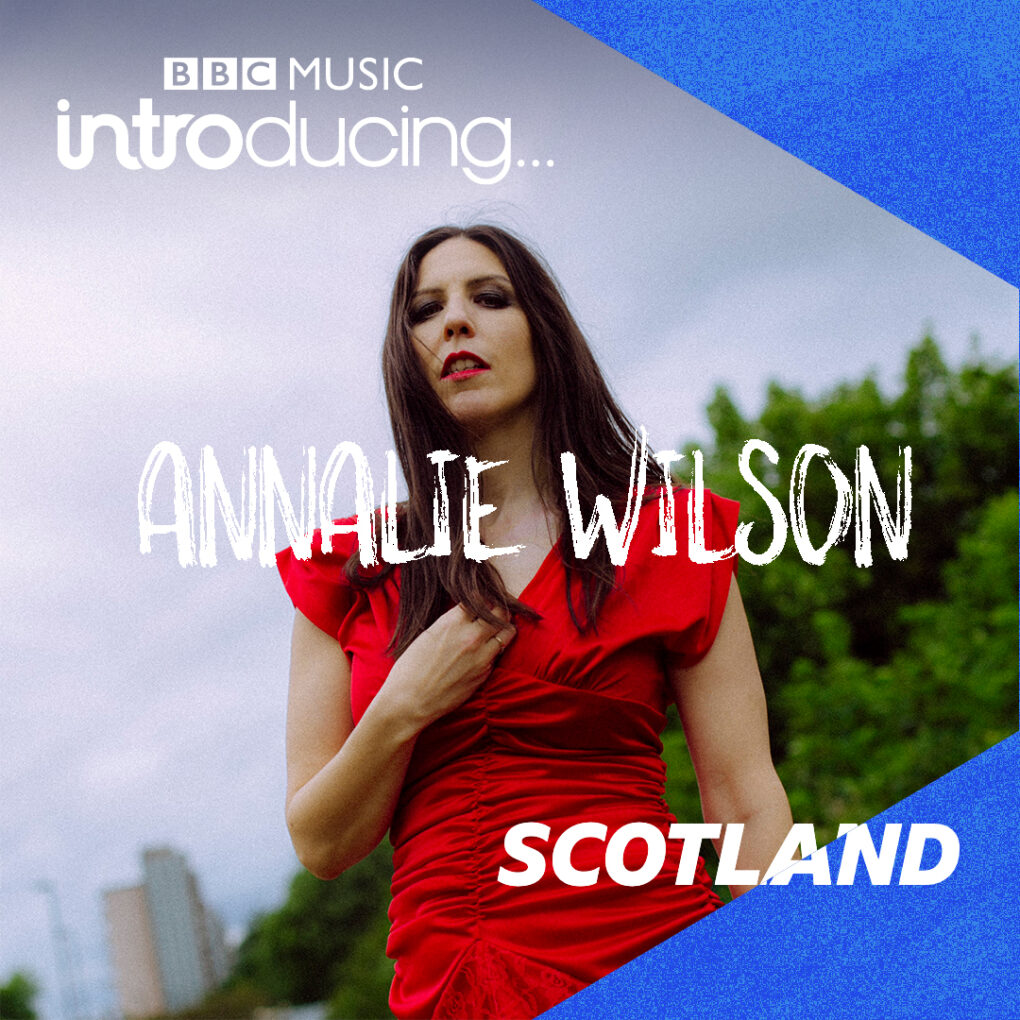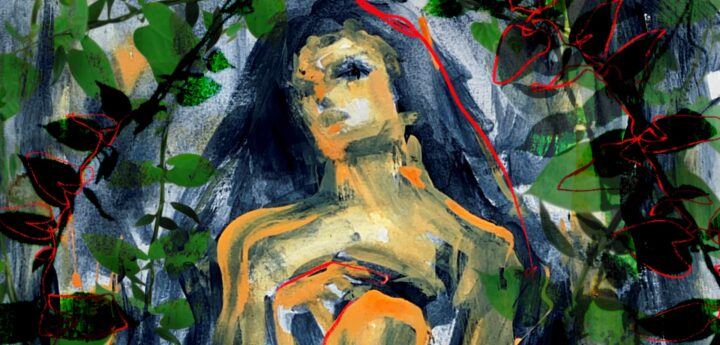Thrilled to hear “Coming Home” on BBC Radio Scotland’s Travelling Folk show presented by Bruce MacGregor, alongside a sparkling playlist of Celtic delights, singer-songwriters, folk and gypsy jazz. Listen again here.

Thrilled to hear “Coming Home” on BBC Radio Scotland’s Travelling Folk show presented by Bruce MacGregor, alongside a sparkling playlist of Celtic delights, singer-songwriters, folk and gypsy jazz. Listen again here.

It’s been a long road to get this baby out there! When I wrote the song it was 2016 and my dad was still alive. And so was Alex, although we weren’t friends then. It came from a love story, but passed through such places of grief in me as to take on a whole new meaning. The song is about journeys, of the kind we haven’t been able to make during this pandemic. And then there are other journeys that happen when we least expect or desire them. And those bring us somewhere too, albeit against our will. Whatever love is, it is not one thing. And whatever home is, it starts on the inside. And maybe if we are lucky we get to find it in the outer world too.

I was born in Leeds, Yorkshire, UK. Headingley, to be specific. When I was 19 I went to India alone. I wasn’t so much trying to “find myself” as to escape yet another heartbreak – that was a theme for me. People would ask me where I was from, and the answer “Leeds” was often met with a blank look. However, the passion for cricket being quite widespread there, when I said “Headingley” I was immediately placeable. It comforted me to feel less like a stranger when so far from home.
I come from a family of travellers. The youngest of five girls, three of them settled overseas. My dad spent time in Northern Ireland and Nairobi, before settling in Yorkshire, and still enjoyed his travels with work. My mum frequently goes off on international adventures by herself. When I was a child we used to go camping in the highlands of Scotland, and I loved it there. The wild weather, rugged landscapes, friendly, warm-hearted people, as I remember them. My grandfather was from Aberdeen, and my dad traced the family back to the 1700s.
Growing up, my earliest musical memories were a mix of jazz and folk-rock. My dad had a splendid record collection, his favourites were Ella, Count Basie, Duke Ellington, Stan Getz, Stephane Grappelli, as I recall. There’s something about hearing old jazz on vinyl – it’s as if you’re there in the room with the musicians, you can feel their breath, hear their process. Meanwhile, both my parents were into Simon & Garfunkel, and one of my earliest memories is staring out the window listening to “Flowers Never Bend With The Rainfall,” contemplating my own existence, trying to fathom the meaning of those lyrics.
I was always deep. “Too deep,” in fact, was a charge levelled at me more and more as I entered adolescence – and encountered more and more the perspective that as a girl I was supposed to put men at ease, not challenge them. It’s been a long journey to accept that the depth in me is, far from being a problem, my greatest strength. I think of it as an elastic. We can only go as light as we can go deep. The funniest people are also the most profound. Those who claim to “not take life too seriously” are often the least interesting.
I started writing songs, aged 14, partly as a way of making sense of all of this. I’d begun composing instrumental music already, aged about 8 or 9, just because it was a language I understood. But with emotional development came a requirement for an outlet for this, and songs were – and still are – the ideal marriage of the analyst and the intuit, the feeling and the logic. They give you something productive and cohesive to do with your mind and your body, in a moment of turmoil.
There was also The Beatles. My mum came from Liverpool, so it was very personal to her. We used to sing those songs together in the car on long journeys. Once on discovering a record of “Beatles Ballad” I remember skipping school so I could study it more closely. Another huge influence to my songwriting, no doubt. As my own taste developed I found connection to more artists from that similar time – Joni Mitchell, Leonard Cohen, Tom Waits, Billie Holliday, Nina Simone.
It was a particular combination of the intimate and the political, that struck chords with me. A lot of those artists were deeply emotional performers and also social activists. Later my musical led me into funk, and I discovered that you could also add the element of dance to this already rich cocktail. Gil Scott-Heron, Betty Davis, Vicky Anderson – I joined a jazz funk band for a while as a singer and I loved singing these songs, and grooving away during the horn solos.
The next chapter was somewhat unexpectedly Georgian folksong. I was living in a shared house and one day I heard my housemate singing in a trio in my kitchen. I felt both a sense of curiosity and envy – whatever it was this connection they had, I wanted it. I joined a Georgian choir and in a full circle this music brought me back to Scotland, where every January I attended a residential retreat in the village of Findhorn on the North East coast, with my teacher Frank Kane.
None of this, perhaps speaks about my own music. But when people ask me to describe that, I tend to divert the subject by talking about my influences. I don’t believe it’s my job to explain my work to people. That’s not me being arrogant or aloof. I don’t see the value in it. The way I experience the songs that come out of me is always going to be very particular and not the way others feel it. If you were going to describe a smoothie, you’d talk about the ingredients you put in it, not the colour it came out as. And that’s how I try to approach the music too.
I also think that the more I talk about the things that inspire me, the more people will get a sense of who I am, and music is more that than anything else. I don’t particularly buy into genre labels, especially nowadays. Everyone can and is experimenting with many styles and not feeling confined to one or the other. I don’t see why Shostakovich isn’t compatible with Stormzy. Good music is what touches you, what fires you up. I don’t listen by genre, and so I don’t identify that way either.
Of course….that is not what’s expected from a bio. Is this a bio? An alternative bio perhaps. Bio meaning biography – I feel that I have fulfilled this expectation. A selective biography of certain musical influences. There’s plenty more but I know that the internet has curtailed our attention spans so I will leave it there. The best bio is always simply to let the music speak for itself.
I am thrilled to have been shortlisted for the Larmer Tree Breakthrough Music Awards 2018! The next round is a public vote so I need your help! Voting closes at midday tomorrow GMT and it only takes a few seconds so please click on the link and show your support. Thank you!! X http://larmertreefestival.co.uk/vote-now-favourite-breakthrough-music-award-artist
Thanks to generous donations we raised the funds to make this powerful marriage equality anthem song and video, also featuring photos of supporters among our friends and family.
Excited to be teaming up once again with my dear friend and fellow singer-songwriter Amy Firth to record an original song in support of marriage equality. As Australia votes for and against the right of same sex couples to marry, we are creating this song and video in solidarity with all humans who wish to make this deep commitment to one another. There are several ways you can get involved: we would love you to send us video footage either of your wedding or singing along to the song, or some other expression of solidarity with the theme! You can also help by sharing this request, or by donating funds to make the project happen. More details at www.whobelievesinlove.com